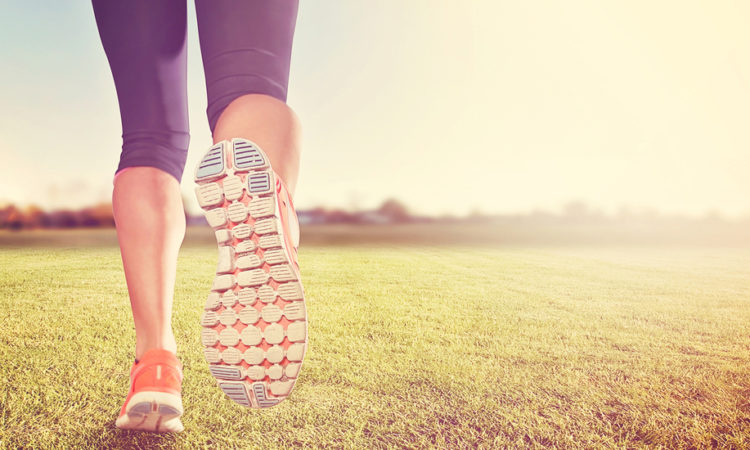
Exercise in Anxiety & Depression
We all know that exercise is good for our bodies, yet we least know how much it’s good for our minds. Exercising and eating well go hand in hand when getting in shape. However, there is more to exercise than can be said. It’s a stress reliever. More so, along with the proper dose of medication, it can maintain mood levels associated with depression and anxiety. Everyone can benefit from exercise when they find something they love to do and experience positive results themselves!
Exercise helps you sleep better at night, have sharper memories and feel more positive about yourself. More so, maintaining a routine prevents you from relapsing. Be mindful when exercising. It takes away the tension and worries as you take notice of your body. For example, when I do squats, I pay attention to the way my feet are pinned down to the ground. I focus on my balance and the muscle burn I feel coursing through my legs.
Here are some benefits of exercising:
You have a great sense of self-esteem.
When you exercise, you encourage yourself to stay on track and you admire how far you’ve come along. You begin to feel better about yourself and you affirm positive vibes that help you keep that momentum going until you have reached your desired result.
You become resilient to your stress and worries.
When you exercise, your focus shifts and you put aside all your worries. When you finish exercising, you realize that your issues are solvable and aren’t that big of a deal.
It doesn’t take much to work out.
If you think that you need to dedicate an hour of your day to working out, well you’re wrong! Even something small like 10 minutes a day, a couple of times a week is beneficial. The key is to start small. So, if 10 minutes is all you got then 10 minutes it is. Once you find your rhythm, you can gradually add more time to working out because you’ll have the energy to do so.
Set realistic goals.
When working out, set realistic and small goals. What do I mean by realistic? Well, if your goal is to lose 20 pounds in 3 weeks for your Florida vacation, then that is a disaster waiting to happen. Either you find a diet that will make you lose an extreme amount of weight, which I don’t recommend, or you re-evaluate your goals. Instead of losing 20 pounds, per se, why don’t you make your goal to be changing your diet a bit? For example, what if you ate more water foods to lose the water weight? Essentially, that is what makes you bloated. Being honest, realistic and setting small goals is the first step to succeeding. Check out this site if you need an exercise sample.
So, what are some things you can do to get started?
Well, first off, you want to find things you can enjoy. If you want to start by swimming, then join a swim class. Find things that interest you. Here are some examples:
Aerobics.
Aerobics was huge in the ’80s, with influencers such as Denise Austin and Jane Fonda. Exercises like Aerobics is still a lot of fun but you don’t have to wear a leotard to achieve this exercise regime. Running, for example, is an aerobic exercise because you are achieving muscle movement for a continuous period of time.
Strength training.
You don’t need much to strength train. Matter of fact, you don’t even need equipment to strength train. You can achieve everything by your own body weight.
HIIT, or High-Intensity Interval Training
I highly advise you to see a physician first before attempting this exercise as it can get intense. It’s basically small bursts of exercise before moving on to the next exercise. If you want to find out more, check out Kelly and Daniel from Fitness Blender. They are a husband and wife that do HIIT related workouts. I consider them the King and Queen of HIIT workouts.
Allow your body to rest.
Once you have set your goals and found your rhythm, it’s important to give your body a rest. Not doing so can increase muscle fracture, such as overtraining syndrome. So give yourself one or two days of rest before you continue working out.
In retrospect, exercising does more for your mind, body, and soul than you can imagine. For some, it may be very hard to start somewhere, which is why I provided a few examples above. Nonetheless, start with the intention of relieving depression rather than losing weight. Your eating and sleeping regime may not be perfect but that’s okay! When you start exercising, you will weigh the pros and cons and eventually, you will begin to set aside a goal for yourself. Just make sure it’s small. So, put on your headband, grab some water and get physical!